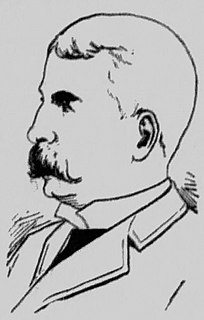A Quote by Andrew Coyle Bradley
In speaking, for convenience, of devices and expedients, I did not intend to imply that Shakespeare always deliberately aimed at the effects which he produced.
Quote Topics
Related Quotes
The modern world is reversing the old virtues of authority. They aimed deliberately to make men unworldly. They did not aim to found society on a full use of the earth's resources; they did not aim to use the whole nature of man; they did not intend him to think out the full expression of his desires. Democracy is a turning point upon those ideals in a pursuit, at first unconsciously, of the richest life that men can devise for themselves.
The man whose whole life is spent in performing a few simple operations, of which the effects are perhaps always the same, or very nearly the same, has no occasion to exert his understanding or to exercise his invention in finding out expedients for removing difficulties which never occur. He naturally loses, therefore, the habit of such exertion, and generally becomes as stupid and ignorant as it is possible for a human creature to become.
People's conceptions about themselves and the nature of things are developed and verified through four different processes: direct experience of the effects produced by their actions, vicarious experience of the effects produced by somebody else's actions, judgments voiced by others, and derivation of further knowledge from what they already know by using rules of inference
It appears to me that one great cause of our difference in opinion on subjects which we often discuss is that you have always in mind the immediate and temporary effects of particular changes, whereas I put these effects quite aside, and fix my whole attention on the long-term effects that will result from them.


































